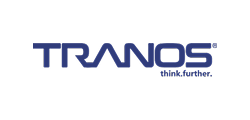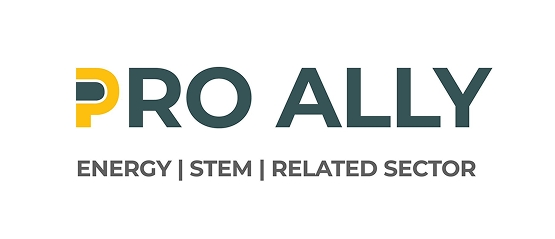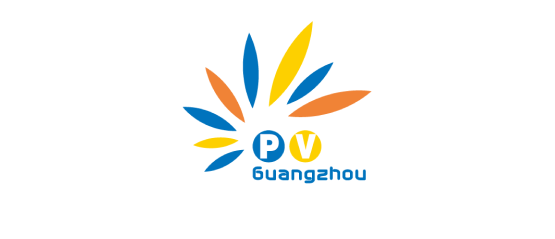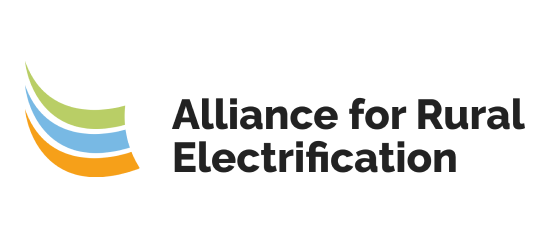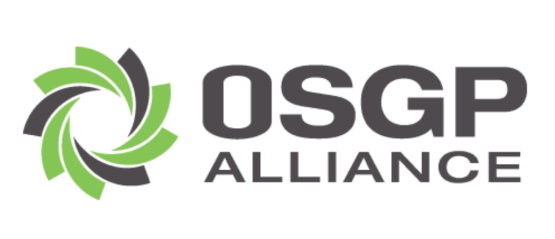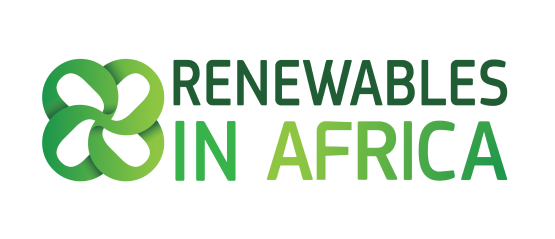
POWER & WATER
NIGERIA EXHIBITION
28 - 30, April 2026
Landmark Centre, Victoria Island, Lagos, Nigeria
Empowering Nigeria’s Power Sector with Technology
Nigeria has the 7th largest population in the world and growing fast, as a result the supply for Power and Water will need to increase to keep up with the growing demands. With just over 51% of the population having access to power sometimes, the lack of power has been the biggest obstacle for the country to grow. The water sector on the other hand faces similar challenges with 71% of the population having access to safe water, and yes climate is to be blamed, however research shows a much-needed upgrade in the water supply infrastructure.
Power & Water Nigeria Exhibition, connecting the power and water industries since 2022 offers global stakeholders to access and engage in technical discussion to do on the spot assessment of region’s opportunities in power generation, distribution, renewables, and water & utilities sectors. The exhibition offers an annual platform for buyers to explore & compare innovative technologies from the leading local and international suppliers.
Dïgi Infra 2025 Speakers

Babatunde Bamigboye


NDPC

Danjuma Waniko
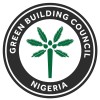

Green Building Council Nigeria

Jefferson Usianene
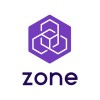

Zone Network
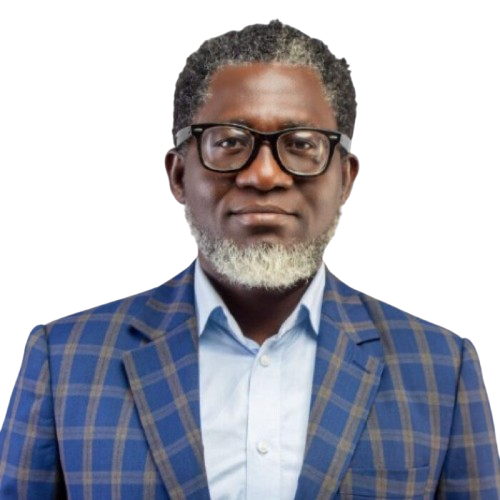
Dr. Segun Adaju


Consistent Energy Limited

Jane Nkechi Egerton-Idehen


NIGCOMSAT LTD
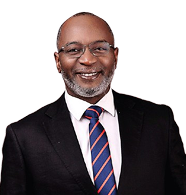
Wole Abu


Equinix West Africa
Event Overview
(Sqm.)
VISITORS
BUSINESSES
& SPEAKERS
REPRESENTED
Exhibition
Lectures
Networking
Workshops
Supporting Government & Utility Bodies








Bronze Sponsor


Badge Sponsor
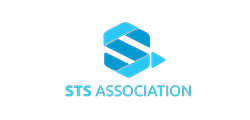
Bronze Sponsor


Featured Exhibitors




Headline Sponsor









